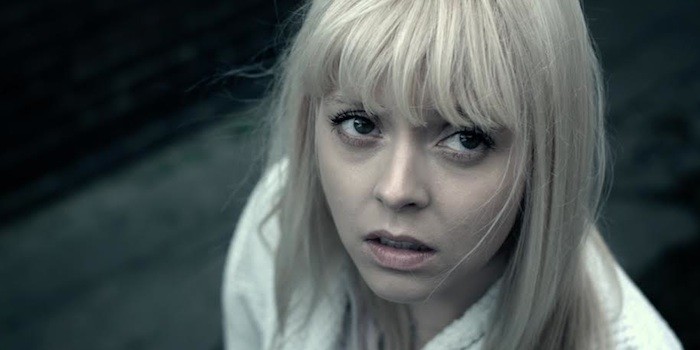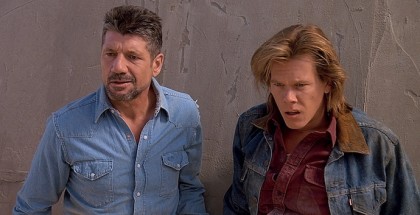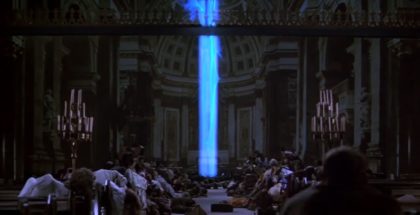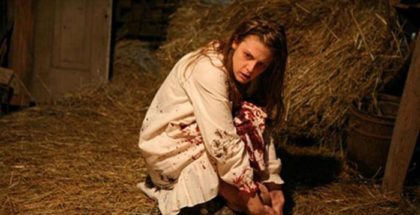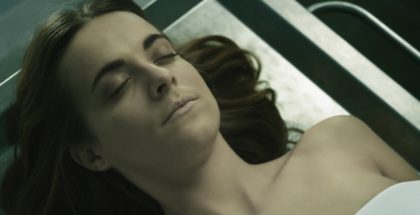VOD film review: The Scopia Effect
Review Overview
Unknown
8Known
6David Farnor | On 27, Apr 2015
Director: Christopher Butler
Cast: Joanna Ignaczewska, Louis Labovitch, Akira Koieyama, Jessica Jay
Certificate: 15
Watch The Scopia Effect online in the UK: Apple TV (iTunes) / Amazon Instant Video
There’s something scary about what we don’t know. The Scopia Effect, which arrives directly on iTunes today, taps into that fear of the unknown with an alarming ease.
The film’s title is, itself, a made-up phrase, which is defined at the start as a phenomenon that cannot be explained by science. It’s something of a mission statement for first-time director Christopher Butler: a film-maker who seems determined to demonstrate his talent and ambition. It’s to his credit that he does both.
The Scopia Effect follows Basia (Ignaczewska), your typical London office worker. She works hard. She goes to ballet class. And she has therapy sessions with Dr. Stanton (Louis Labovitch). Their aim? To help her come to terms with the death of her mother when she was young.
And so she undergoes hypnosis, a process that walks her back into her past to confront it. But, of course, Bad Things Happen: she finds herself experiencing past lives, which soon start to live in the present. It’s a strange thing, reincarnation; a concept alien to our culture. The thought of regression going right is therefore unnerving, as we are greeted with talk of butterflies and timeless love. The thought of it going wrong, though, is even more disturbing: how do we begin to explain what makes no sense to begin with?
Butler’s script centres in on that confusion, fusing psychological and sci-fi horror with a relentless pace: we swiftly jump from 1537 England to 1824 Japan and 1916 Germany. Each period is captured in the briefest of fragments, less about big budget sets and more about the strange feel of the past. It’s a juxtaposition that cinematographers Jaime Feliu-Torres and Charlie Herranz emphasise, splitting up the old and new timeframes between them.
As characters from one scene run into others, the screen is increasingly bathed in hazy white light. All the while, each departure to a new world is signposted by a black screen. France, 1712. India, 1641. Accompanied by an ominous drumbeat, every title becomes an unsettling announcement of fresh terror; a warning of another chapter hurtling towards you.
Throughout, Joanna Ignaczewska grounds the otherworldly chaos with a believable, human gravity. Lines like “Something has awoken inside of me…” become tragic as well as traditional for the genre, while her wide-eyed silence is reinforced by the sterling visual effects work, which overcomes its low budget by relying on the practical more than the digital: one flash of our heroine protruding out of a skirting board is horribly effective.
Perhaps inevitably, though, the film’s hunt for meaning amid the mystery undoes some of Scopia’s spooky effect. It’s not just what we don’t know that frightens us, but what we don’t understand. If the explanation the movie arrives at loses sight of that, it only takes the hard edge off an impressively mounted assault on your nerves. For 60 minutes out of 85, The Scopia Effect is a haunting voyage into the unknown – and a promising glimpse of what this debut director can achieve once heading out into now familiar territory.


